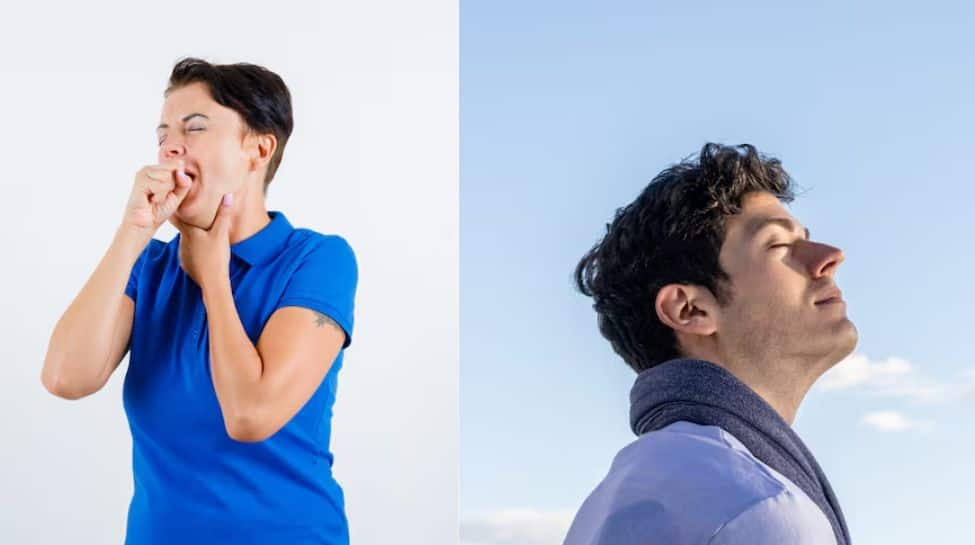Most people don’t think twice about how they breathe—it feels automatic, natural, and effortless. Yet, whether you breathe through your nose or your mouth can make a surprising difference to your health. Breathing is not just about oxygen intake; it’s deeply connected to your sleep quality, skin health, immunity, and overall well-being.
Nose Breathing: The Natural Way
Our body is designed for nasal breathing. The nose acts as a natural filter, humidifier, and regulator for incoming air. When you inhale through your nose, several things happen:
- Air filtration: Tiny hairs and mucous membranes trap dust, allergens, and pollutants.
- Moisturization: The air is warmed and humidified, preventing dryness in the throat and lungs.
- Nitric oxide production: The nasal cavity produces nitric oxide, which helps dilate blood vessels, improves oxygen absorption, and supports immunity.
- Better sleep quality: Nose breathing encourages deeper, slower breaths, supporting restful sleep and reducing the risk of snoring and sleep apnea.
Mouth Breathing: The Hidden Culprit
While mouth breathing is sometimes necessary (like during intense exercise or nasal congestion), chronic reliance on it can negatively impact your health:
- Sleep disturbances: Mouth breathing is strongly linked to snoring, restless sleep, and obstructive sleep apnea.
- Dry mouth and bad breath: Reduced saliva leads to bacterial growth, cavities, and gum problems.
- Skin problems: Constant mouth breathing can dehydrate the skin, contributing to dullness, acne, and premature aging.
- Weakened immunity: Without the nose’s natural filtration, more allergens and pathogens enter the body, making you prone to colds, allergies, and infections.
- Facial structure changes (in children): Long-term mouth breathing can affect jaw development and dental alignment.
Sleep and Breathing Habits
The way you breathe while sleeping plays a major role in rest and recovery. Nose breathing promotes oxygen-rich, uninterrupted sleep, while mouth breathing fragments it. This is why people who mouth breathe often wake up tired, with headaches or a sore throat.
Skin and Breathing Connection
You may not immediately connect breathing habits with skin health, but oxygen circulation and hydration matter. Nose breathing supports optimal blood flow and skin regeneration, while mouth breathing can leave your skin dehydrated and inflamed. Poor sleep from mouth breathing further disrupts skin repair, leading to dark circles, breakouts, and faster aging.
Immunity and Breathing
The immune system also benefits from nasal breathing. Nitric oxide production enhances the body’s defense against bacteria and viruses, while filtration reduces the load of harmful particles. Mouth breathing bypasses this protective mechanism, increasing your vulnerability to respiratory issues.
How to Switch from Mouth to Nose Breathing
If you find yourself breathing through your mouth often, here are some simple strategies:
- Check for nasal blockages – Treat allergies or chronic congestion with medical advice.
- Practice mindful breathing – Throughout the day, consciously shift to nasal breathing.
- Try “mouth taping” at night – A gentle tape under medical guidance can help retrain your habit.
- Stay hydrated – Dry mouth often worsens with dehydration.
- Strengthen your airway – Breathing exercises, yoga, or pranayama can improve nasal breathing.
(This article is meant for informational purposes only and must not be considered a substitute for advice provided by qualified medical professionals.)

